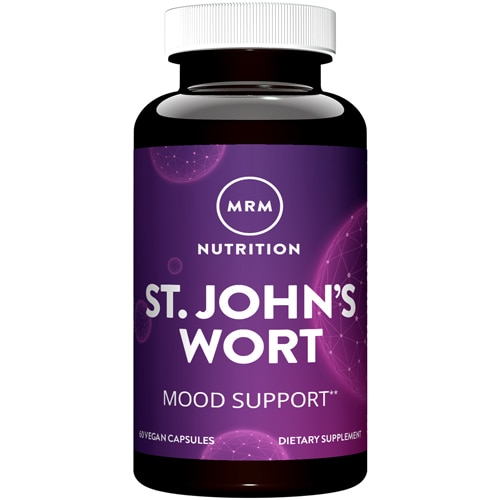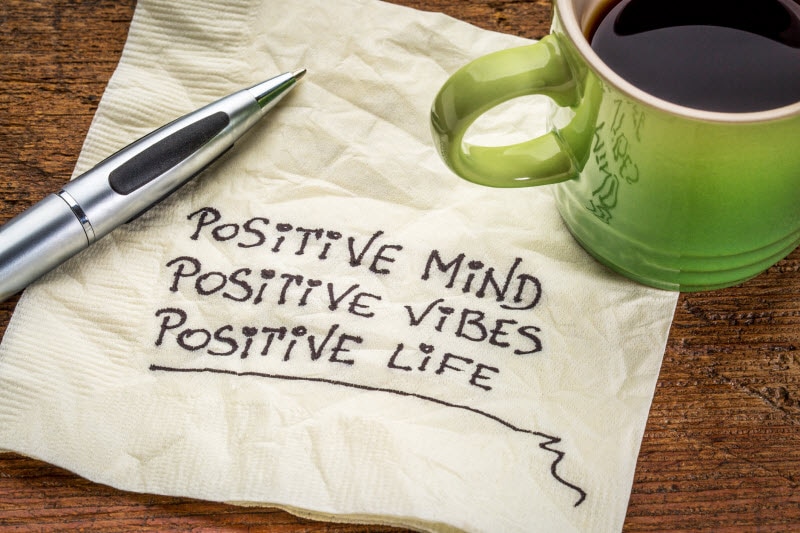Although optimism can come across as being out of touch with the current global crisis, optimism is in fact a deeply attuned response to traumatic events, including a global pandemic. Of course, it’s nuanced. On the one hand, the pandemic has reshaped our collective psyche. A national poll conducted by the Kaiser Family Foundation finds that nearly half of all Americans (45 percent) feel that the coronavirus had a negative impact on their mental health.
On the other hand, optimism doesn’t equate to sweeping feelings of anxiety and stress under the rug. It really means being able to hold two opposite thoughts at once: the negative impacts of corona, along with the surprising positive impacts, as they unfold in the present and into the future.
So how do we hold the gravity of the situation, acknowledging the loss of so many people, the dismantling of the economy, the way the virus magnifies disparities of class and race and age, the traumatic conditions that many first responders and essential workers face, alongside a hopeful, positive outlook on the future?
As hard as it sounds, optimism shines brightest during a crisis, ushering in a new paradigm, a novel way of thinking about how we can adapt to tragedy through being in touch with our underlying wellness.
Even if you don’t think of yourself as an optimist, you can choose to think like one. You can do this by focusing on what is absolutely fresh and of the moment, to connect to what is present without attachment to a particular outcome. It is to find hope in what the pandemic hasn’t changed: The vibrant, felt sense of the body, our relationship with our breath, our keen sensory perception, and our connection to other living beings.
How optimism affects physical health and mental health
As it turns out, optimism and resilience have much in common: Just like optimists, resilient people are able to experience both positive and negative emotions simultaneously.
A study done in the wake of the Sept 11, 2001 terrorist attacks studied why some college students were more debilitated by anxiety than others. While all the students in the study reported feeling distressed, not everyone became depressed. The more resilient students found meaning in the aftermath, reported more positive emotions, like love and gratitude.
A growing body of research on the impact of optimism and physical health suggest a wealth of correlations. Findings include that optimism positively influences overall longevity, survival from a disease, heart health, cancer outcomes, pregnancy outcomes, pain tolerance and sleep.
Perhaps even more relevant, optimism can boost your immunity: A study where people were deliberately infected with the influenza virus and rhinovirus found that the people more likely to ward off the symptoms had more positive emotions. According to the study, people low on positive emotions were 2.9 times more likely to contract a respiratory illness.
A crisis of this magnitude can make a majority of us susceptible to post traumatic stress. But here’s the good news: It can also lead to its opposite.
According to Emily Esfahani Smith, author of The Power of Meaning: Finding Fulfillment in a World Obsessed With Happiness, “psychologists now know that only a small percentage of people develop the full-blown disorder while, on average, anywhere from one half to two-thirds of trauma survivors exhibit what’s known as post-traumatic growth. After a crisis, most people acquire a newfound sense of purpose, develop deeper relationships, have a greater appreciation of life and report other benefits.”
This kind of growth requires effort: It asks that we derive personal meaning from what many are calling ‘The Great Pause’ by reflecting on what makes us feel most alive, what our gifts are and how they can be shared.
This kind of meaning making has more impact than merely doing things that make you happy. It reinforces a sense of agency—hard to come by in a pandemic— and even mastery.
Tips on how to be more optimistic
1. Make each day fresh
Start or close each day with a positive acknowledgement of something that makes you feel deeply alive, or something you learned or are grateful for. This serves to remind you that not everything that’s happening right now is bad or depressing.
It’s the willingness to become available to what Zen Buddhist author Diane Rizzetto calls deep hope: “Deep hope springs from the energy of life itself. Deep hope is what comes forth when we open our hearts and minds to what we can offer and what we receive.”
2. Spread kindness
Deploying random acts of kindness not only boosts our meaningful connections with others, but it makes you feel better as well. (Studies show that people who volunteer regularly have a decreased risk of high blood pressure). Leave a gift card for your favorite delivery person, drop off a fresh pizza at a neighbor’s, or pay it forward at Starbucks.
Kindness doesn’t require a monetary outlay, especially if money is tight. Pass on a poem that touched you deeply to someone. Comment on a friend’s LinkedIn or Facebook post. Send a snail-mail note of appreciation to someone in your family. Think of those who could benefit from your thoughtfulness and generosity, and then come up with an appropriate gesture.
3. Expand your horizons
Learning something new can help us become more positive and optimistic about the future. Use the extra time at home, if you have it, to pursue goals that you’ve never had time for in the past. Learn a new language, take an online class, pick up a new instrument, or read some of the classics of literature you’ve always been meaning to read.
Optimism might strike you as a radical response to the coronavirus pandemic, but the only other alternative is miserabilism. Optimism is our best defense against breakdown. Otherwise we spread dread, which may ultimately be more fatal than germs. To carry hope through the tragic may be how we deepen our capacity to tolerate its uncertainty.




